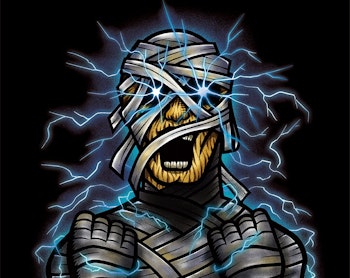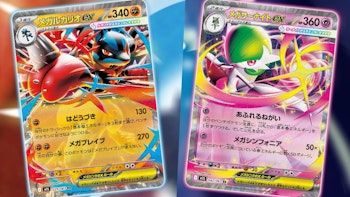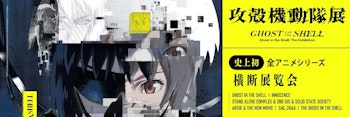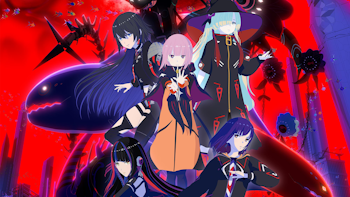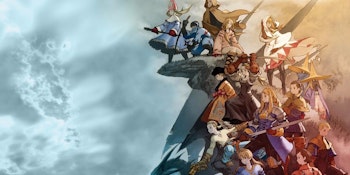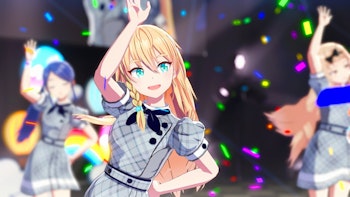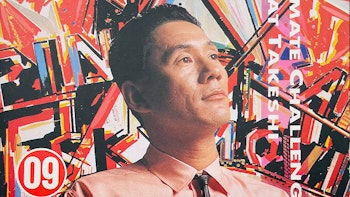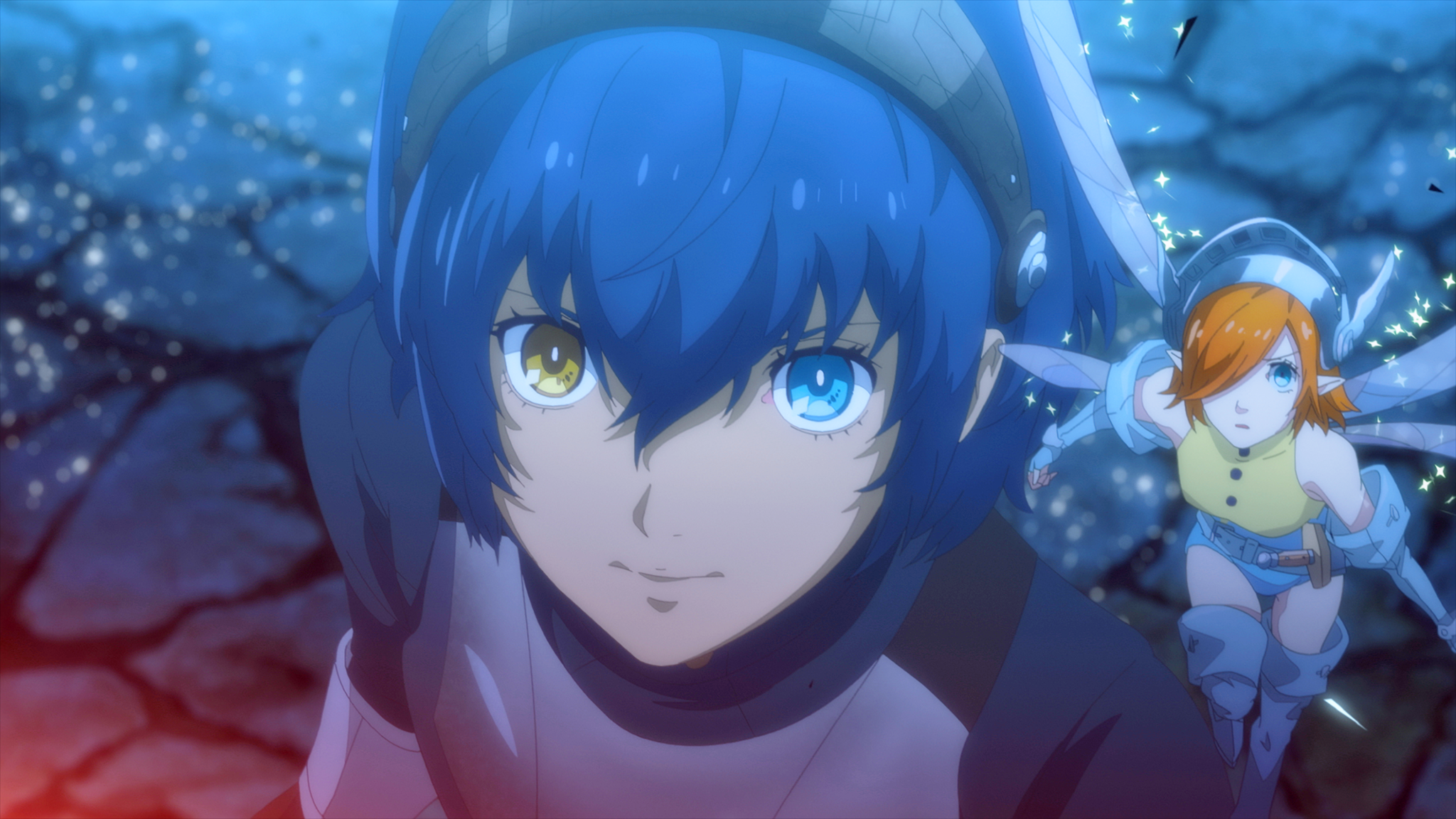
Metaphor: ReFantazio is certainly not subtle... I can say that much.
Much of the team behind Persona 5 have returned to work on Metaphor ReFantazio, a break from Altus’ megahit series whose cultural impact would be difficult to overstate since Persona 3 brought the Shin Megami Tensei spin-off to the mainstream. One thing that’s helped the series to resonate so strongly is the way the games have used their modern-day Japanese school settings to tackle real-world issues. In Persona 5, our power to change the world and what responsibility we have within that to challenge authority and make a positive impact dominates the story of the Phantom Thieves.
Lofty ambitions, yet in many cases, the execution of these concepts is mixed, especially on progressive issues such as gender, sexuality, depression and how they relate to the power structures inherent in our society.
Metaphor seeks to take these conversations on the state of our modern society into the realm of high fantasy. The first thing the game asks you is not the name of our protagonist, but your name. Here, you, the player, are no mere observer. You are a character in this world, a part of the fictional utopia spoken of in the protagonist’s mysterious novel defined by its adherence to the ideals of equality and democracy, a joy achieved through the dismantling of class and racial division.
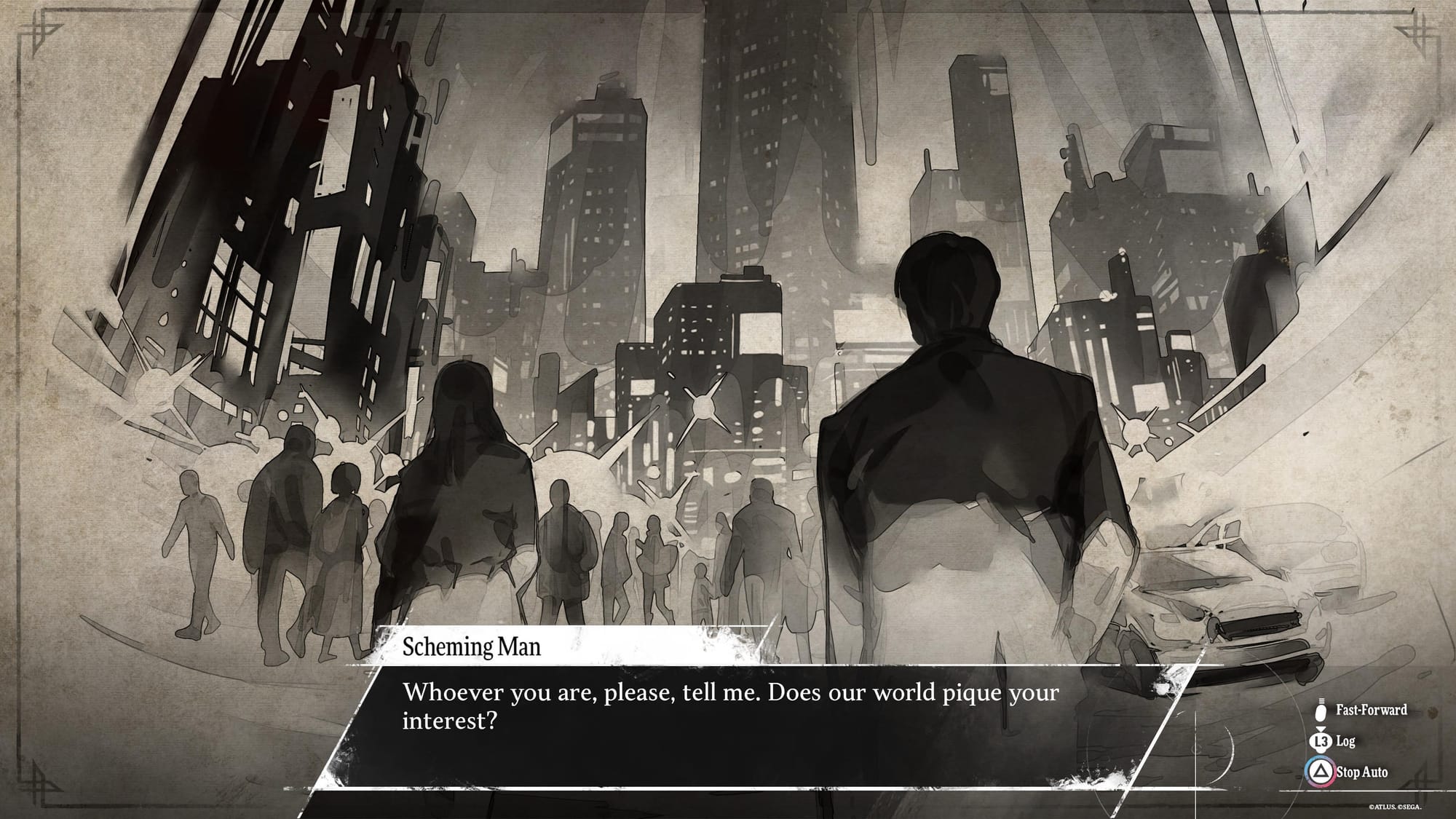
Although the implications are obvious, this utopia is Japan, albeit not the one we know today. Tokyo Tower shines in the bustling metropolis, but this is Tokyo with its potential unleashed, freed from the shackles of our history and generational injustice to put into action the ideals we speak. ‘It sounds like fantasy,’ our characters recall.
It doesn’t slow down. In the very opening scene, we witness the bloody usurpation for the throne by a wannabe dictator before introducing our protagonist and their fairy companion Gallica. You’re an Elda, one of eight fictional races in this deeply-divided society considered cursed and tainted by the broader population, who soon becomes an influencing figure in an election to determine the successor for the king in a system of succession imposed as the dying wish of the former ruler of this kingdom. As election anxiety intensifies, the deep divides of race and class amidst the population rise to the surface, all as religious fascism and dictatorship, religious theocracy and democracy fight for the soul of a struggling nation.
Amidst it all, there’s the monsters in the room, or should we say outside the city walls - a frightful species pointedly known as humans.
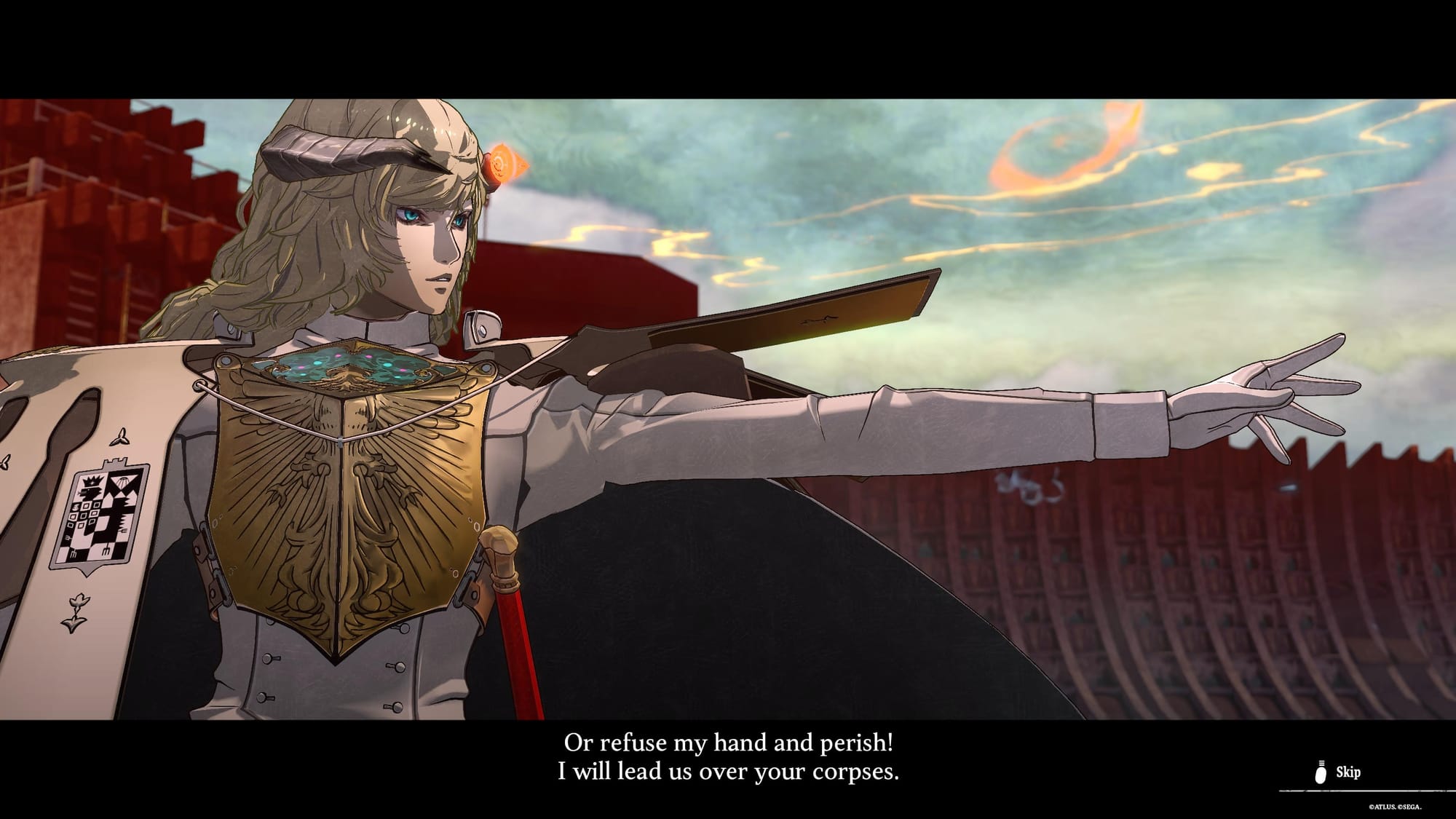
A succession crisis is not your only concern: your ultimate goal is to lift the curse afflicting the young prince of the nation. Although much of the kingdom assumes the boy dead following an assassination attempt a decade prior, you are one of a select group who went into hiding with the young boy after he was cursed during the failed attempt on his life, working in secret to find a cure. Even the king and much of his royal guard were unaware that he is alive, and in turn the living heir to the throne of the departed king that without it has been plunged into a succession crisis. You seek to influence the election for justice, but your second task alongside a few trusted companions who join you on your quest is to find a cure, and maybe save the nation from the precipice.
It’s an ambitious game thematically, and it’s hard to say whether it achieves on exploring these complex issues right now. At the time of writing after roughly one week and about 20 hours of this estimated 80-hour mammoth RPG, it’s too early to pass judgement on whether the game delivers on its potential. That being said, this is an ambitious title, one which both thematically and in its gameplay feels like the culmination and evolution of decades of built-up experience from the team to this point.
Indeed, much of the gameplay will be familiar to fans of the creator’s prior work, clearly building upon the foundations of Persona 5’s systems for many of the core mechanics. Social links are replaced by followers with their own bonds, as well as royal virtues like tolerance and imagination that showcase how open-minded you are alongside your capacity to lead. The day-night cycle and need to balance your bonds and building your virtues with the looming deadlines to complete story missions is retained.
In battle, ‘Personas’ are Archetypes, taking more the role of traditional character classes this time round. You gain attacks based on the class you choose, and can switch between classes at any time and even inherent certain traits between classes to further strengthen your fighting abilities. There’s over 40 to choose from, while having multiple archetypes in your team unlocks the ability to unleash powerful Synthesis attacks, combo attacks that can unleash huge amounts of damage in a single strike.
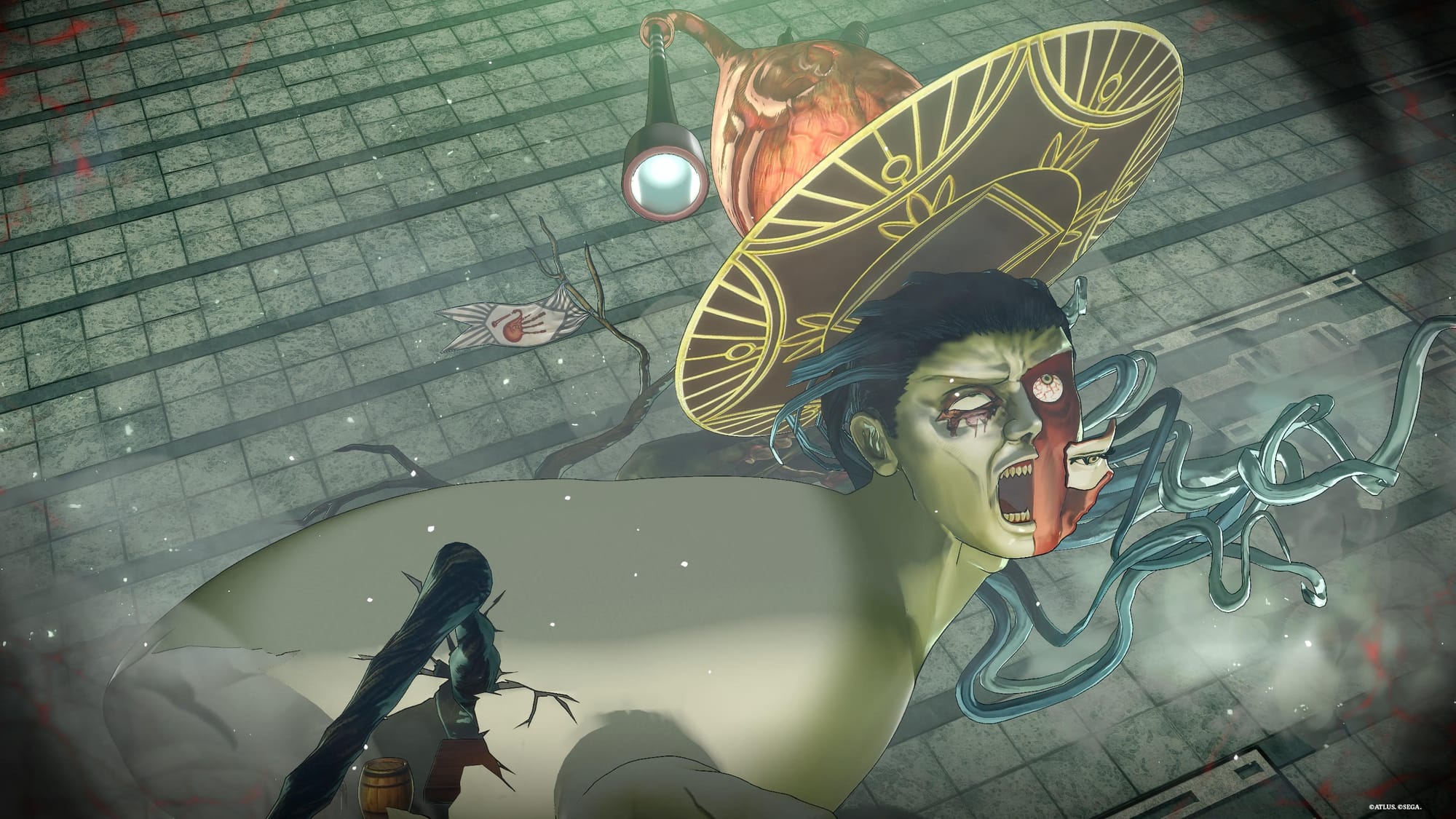
Combined, this is a battle system built on companionship, with team and class composition arguably more important than your Persona selection while remaining thematically relevant to the game’s broader conversations about finding partnership beyond class and racial divides to chart a new future.
Throughout the mechanical design you can see a team learning from past mistakes: for all Persona fights could turn to a repetitive cycle of hitting weaknesses and unleashing a battle-ending all out attack, the need to hit weaknesses multiple times and position yourself strategically on the field between a front and back row of combat requires you engage far more with everything the battle system offers in order to win. Battles are more satisfying as a result, while beyond combat, the popularity system makes leveling up virtues and building bonds feel more important.
All of which is to say, if my remaining hours with the game are even close to matching the energy and potential of these opening hours, Atlus have potentially built one of the defining RPGs of the generation. Layered in its gameplay systems and its politically-anxious story about an election releasing at a pointed time in world politics, it’s confident and assured in its ability to handle these ideas and deliver a pertinent discussion confronting injustice and the relationship between fantasy and reality. Its Latin choir and Buddhist chant-infused orchestral soundtrack never fails to shock and elevate, and its rich influences beyond gaming, particularly medieval European paintings for its creatures or the teachings of significant philosophical thinkers, radiates a desire to encourage difficult conversations too much of modern media seeks to avoid.
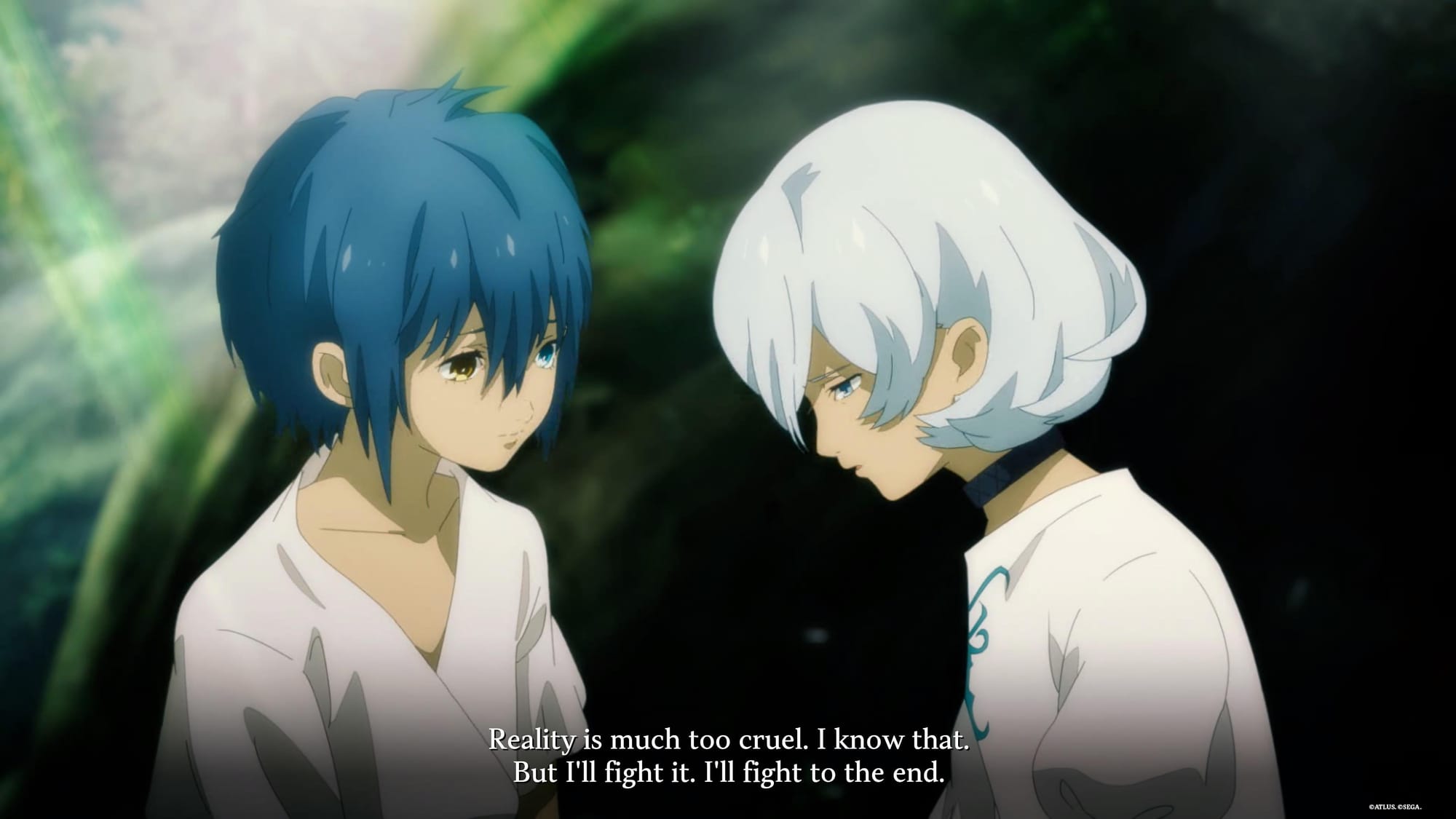
Indeed, the gamer never stops lifting a mirror to the player that will inevitably be uncomfortable as it touches on some of the most retched sides of the human condition. But it’s precisely this directness, no matter how blunt, that makes it impossible to look away.
Metaphor: ReFantazio is something special. And we need it now more than ever.


